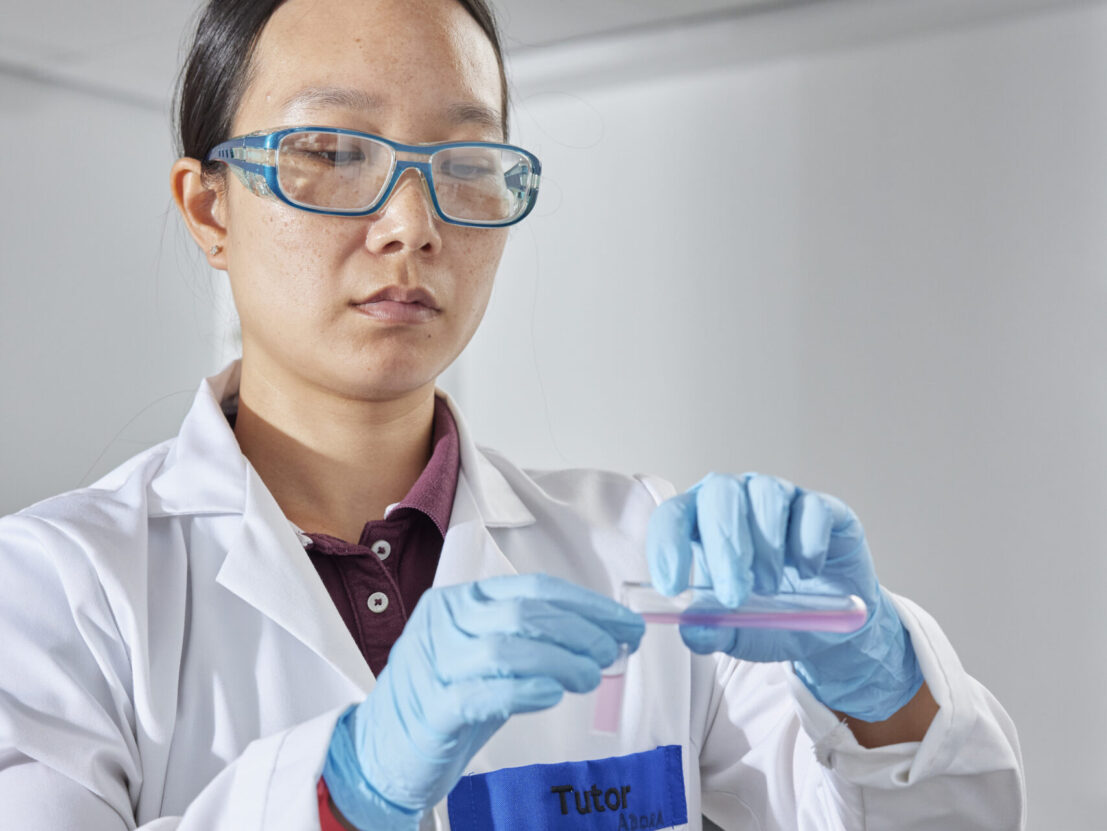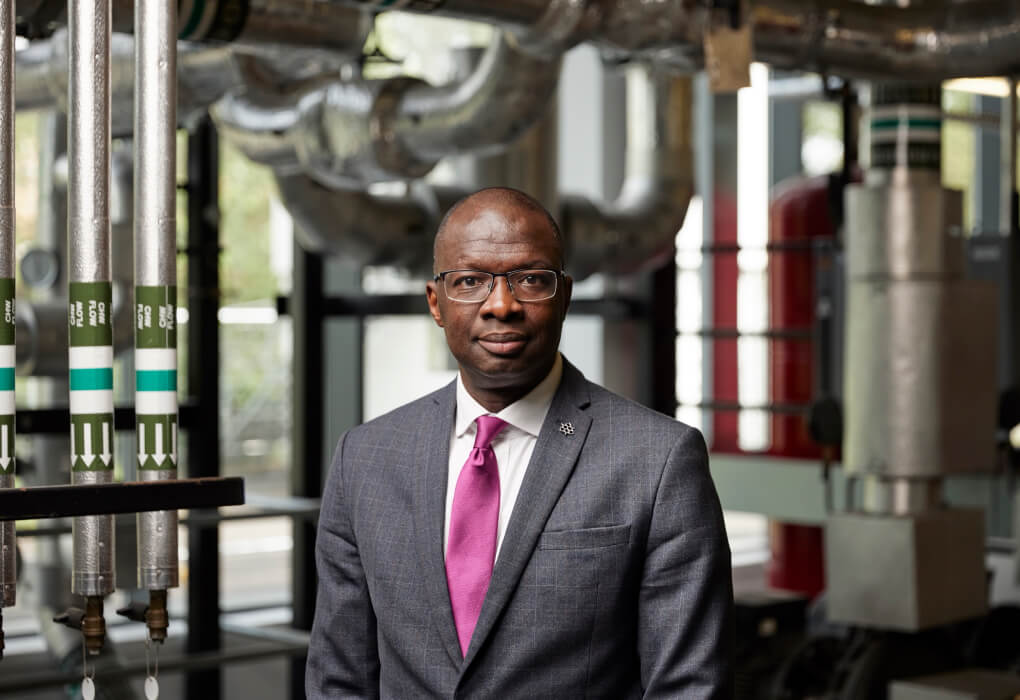Be part of a vibrant, fast-growing research environment.
Join us in advancing groundbreaking research in biomedical and health sciences. Be part of a team that paves the way for innovative treatments to improve lives.
Read on to find out more about Manchester Metropolitan University as the ideal academic home for your research.
For an informal discussion about research in Science and Engineering, please contact Faculty Pro-Vice-Chancellor Professor Mark Sterling.
Our research
strengths
Join our Life Sciences researchers in the Faculty of Science and Engineering, where we deliver world-leading research and innovation across themes of musculoskeletal health and ageing, vascular biology and neurodegeneration.
Our new Wolfson ACTIVE Laboratory provides sophisticated systems for monitoring human movements alongside advanced medical imaging, including X-ray and 3T MRI with 13C and 31P spectroscopy. With recent investments in genomics, microscopy, complex cell models and proteomics, these facilities underpin our cell-to-society approach towards research.
We provide an inclusive and diverse environment where life scientists, engineers and computer scientists work together to create new knowledge to improve health and wellbeing across global communities.
Research areas and initiatives
We’re leading research into musculoskeletal sciences, vascular biology and neuroscience. We lead cross-disciplinary research in diabetes, neuromotor diseases, cancer, respiratory and cardiovascular conditions. Our research in these areas has been used to underpin policy changes to improve people’s lives.
- Projects supported by the Medical Research Council support research targeting microRNAs to restore airway epithelium integrity after respiratory viral infections and research into the causes of sudden cardiac death in young athletes.
- The MRC also supports our research to quantify head and trunk control for children with neuromotor disability and neuromuscular disorders; research into the utility of muscle ultrasound imaging to monitor disease progression for people living with motor neurone disease; and research into the psychological, social and biological predictors of child mental health and development.
- With NC3Rs funding, we will develop and validate human ex-vivo thrombosis models for future studies of disease processes.
- Through charitable funding, we are trialling the effectiveness of exercise prehabilitation to maintain musculoskeletal health for people undergoing treatment for oesophageal cancer (NWCR); enabling people with diabetic peripheral neuropathy to drive safely (Diabetes UK); and examining promoter interactions of cardiac genes in myocardial phenotypes (BHF).



